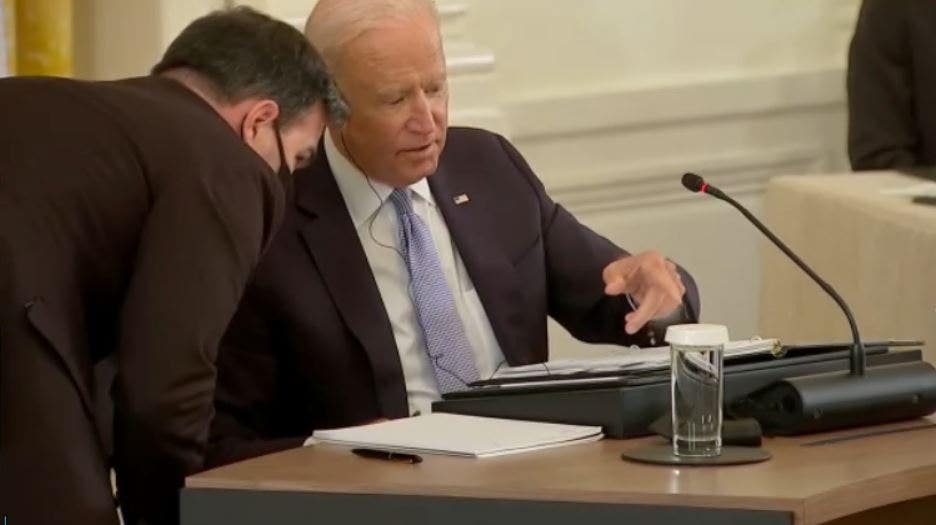
Although we live in an ‘always already translated world’, translators are sometimes treated as second order citizens in the republic of literary creativity.
They are like the builders of bridges, connecting us to domains which would remain inaccessible but for their self-effacing hard labour.
And the translations themselves remain invisible and anonymous, as though lacking in originality.
We are hardly aware that our everyday life is surrounded by translations, from sales brochures to Leo Tolstoy, from a health manual to the Indian Constitution — we negotiate with polyglot material through translations. Especially in the contemporary age of globalised knowledge we owe our existence to translations who, like the god Hermes in Greek mythology, are constantly crossing borders of languages and cultures which are bound to the languages.
The Sahitya Akademi deserves all praise for instituting awards for translations from other languages into any of the 23 official Indian languages.
An award is also given to the best translation of a bhasha work into English. S Nataraju Budalu’s translation of the great Buddhist scholar Sarahapada’s work and Srinath Perur’s translation of Vivek Shanbhag’s Ghachar Ghochar into English are among the awards for 2020.
Equally reassuring for Kannada is that among the 24 awards, four are for translating from original Kannada works, testifying to the significance of Kannada writing in Indian literature.
Cross-linguistic negotiations
Premodern India was a land of mind-boggling polyglot cultures. Apart from Sanskrit and Prakrit, a competent writer would know at least two other languages and considered himself free to translate, transcreate and rewrite from a huge repertoire of poetry, tales, myths and genres from many languages and cultures.
Like all literary traditions, Kannada literature is a product of such cross-linguistic negotiations through translations.
Kavirajamargam (850 CE), the first extant work on poetics (in any language in the world, according to Sheldon Pollock) is mostly a translation of the Sanskrit works by Bhamah and Dandin.
But this doesn’t prevent it from being a highly original work that authoritatively maps Kannada culture, its territory and the cultural profile of its denizens.
It sets up a framework for Kannada literature’s negotiation with Sanskrit on its own terms.
Pampa, the archetypal poet, self-consciously retold Vyasa’s Mahabharatha but also allegorised the regional history of the land in his epic narrative Vikramarjuna Vijaya (932 CE).
Almost all the great Kannada works of the ancient and medieval period are translations and transcreations. If we keep aside our modern notions of copyrights, authorship and originality, we begin to see how a vibrant literary culture drew on diverse linguistic resources to deal with the complex world of dominant religions, varna caste and gender hierarchies and a politics of empires and vernacular polities.
Surely, ‘Kannadaness’ has always been a cosmopolitan phenomenon constructed with the endless process of translation. In other words, Kannada literature has always been Indian in its cultural and intellectual plurality.
Literary renaissance
A quantum leap to the Indian renaissance in the nineteenth century brings us close to Navodaya, the Kannada literary renaissance which was also energised by translations.
From the last decades of the nineteenth century to the early decades of the twentieth, translations of fiction from Bengali, Marathi, Telugu and English introduced not just a powerful literary form but also the themes modernity: nationalism, renegotiation with tradition, questions of gender and social reform.
Soon, we have writers like B Venkatacharya learning Bengali to translate nearly seventy Bengali works into Kannada, including most of Bankimchandra and Sharathchandra.
Galaganatha freely translates the Marathi novelist H N Apte to popularise the historical romance.
By 1920, B M Shrikanthaiah was translating English poetry to be collected in English Geethegalu (1921), heralding modern Kannada poetry. He declared that Kannada now had to reinvigorate itself, drawing sustenance from English and not Sanskrit.
It is remarkable that the Kannada renaissance which produced Bendre, Kuvempu, Karanth, Masti and many others should have been initiated with a marvelous work of translations.
Hybrid traditions, new forms
Translation is always a transgressive act, hybridising literary and cultural traditions and destabilising accepted norms. How else could a Christian hymn by J H Newman be reborn as Karunaalu ba belake in Kannada, to be rendered as a prayer in every school and college in the state?
The navya phase of literary modernism began in the late 1950s and early 1960s with yet another negotiation — this time with European and Anglo-American high modernist writings.
Interestingly, translations of modernist works happened after writers like B C Ramachandra Sharma and Gopalakrishna Adiga had radically transformed Kannada poetry by responding to literary modernity.
Girish Karnad acknowledged his debt to Jean Anouilh and Albert Camus while his predecessor Sriranga had made an original response to Ibsen and Bernard Shaw.
Translations of Mohan Rakesh, Badal Sarkar, Utpal Dutt played a seminal role in reorienting Kannada drama and theatre.
Unfortunately, for a long time, poor translation theories led to the proliferation of colonial distortions of ‘influence’, ‘imitation’, ‘fidelity’ and ‘authenticity’.
Thankfully we agree now that translation is not across languages but across cultures; that uncontaminated original tradition is a myth created by insecure minds; that the world we live in is ‘incorrigibly plural’.
It is not just the domain of literature that translations bring paradigm shifts. Modern Kannada prose had to refashion itself in the colonial period to become a vehicle of contemporary knowledge.
The last decade has seen a flood of translations into Kannada of writings by most leading social scientists and thinkers.
D D Kosambi, Ramachandra Guha, Uma Chakravarti, Chimamanda Adichie, Umberto Eco, Noam Chomsky, are now accessible to the Kannada reader. Such translations have helped the democratisation of knowledge because linguistic politics and social injustice have created a large monolingual community who need to acquire global knowledge through Kannada.
What we now need is to digitise the Kannada world to which translating can contribute in a big way.
(The writer is a literary and cultural critic based in Shivamogga)


